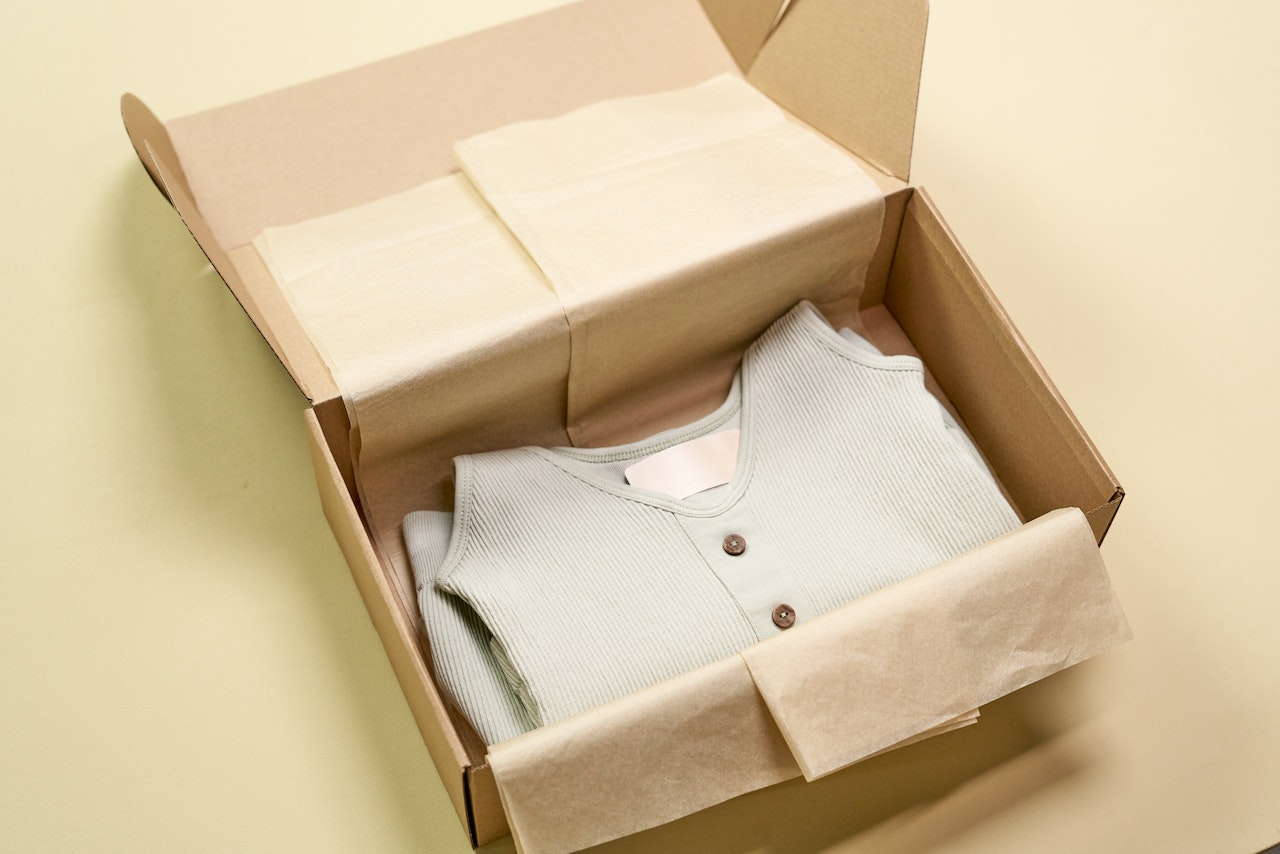Second-Hand and Discount Stores Help Drive UK Retail Sales Up

Recent figures from the Office for National Statistics (ONS) reveal that retail sales in the UK saw an unexpected increase of 1.2% in February, despite mounting cost-of-living pressures. This surge in sales is attributed to the growing popularity of discount and second-hand stores, where shoppers are turning to find bargains amidst rising prices. The ONS report also highlighted that while food sales have seen a rise, the increasing price pressures have affected spending on restaurant and takeaway meals.
The Bank of England has raised interest rates to 4.25% from 4% in an attempt to control the rising prices. The latest figures show that inflation, the rate at which prices rise, reached 10.4% in the year leading to February, remaining close to its highest level in 40 years. The Bank of England and other authorities believe that inflation is on the wane, which is expected to benefit consumers.
The current state of the UK economy has left many consumers feeling the pinch, leading to a surge in demand for affordable goods, especially those available in second-hand and discount stores. The ONS report revealed that non-food sales rose by 2.4% in February, driven largely by discount department and clothing stores. Additionally, there was strong growth in second-hand goods stores, such as auction houses and charity shops.
Buying second-hand items has become an increasingly popular way for consumers to reduce their environmental footprint. By choosing to buy pre-owned items, consumers can reduce the amount of waste generated, as well as the carbon emissions associated with the production and transportation of new goods. The rise of second-hand and discount stores can be seen as a positive step towards a more sustainable and circular economy.
Despite the overall surge in sales, the broader picture remains subdued, with retail sales showing little real growth, especially over the last 18 months due to the impact of rising prices on consumer spending power. However, businesses are also feeling the squeeze from rising costs. Pub chain Wetherspoon reported that inflationary pressures from the cost of energy, food, and labor have been “ferocious.” Despite this, the chain managed to report a pre-tax profit of GBP4.6m (£5.6m) for the six months to 29 January, compared to a GBP21.3m loss a year ago.
The recent increase in retail sales in the UK, driven largely by second-hand and discount stores, can be seen as a positive step towards a more sustainable and circular economy.
While the broader picture remains subdued due to rising prices, the rise in demand for affordable and sustainable goods is a positive trend for the environment and society.





